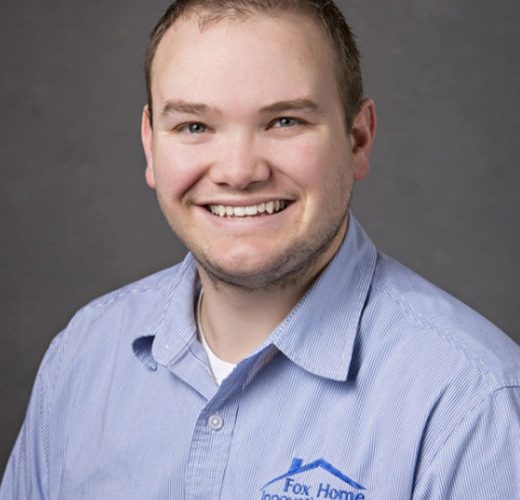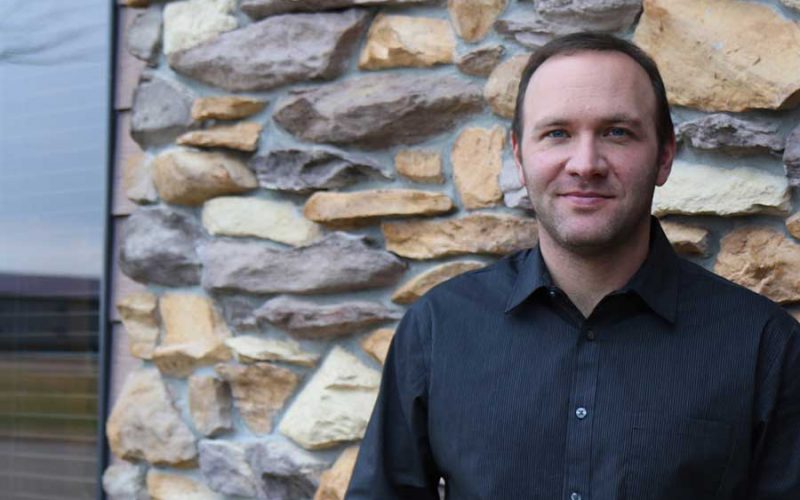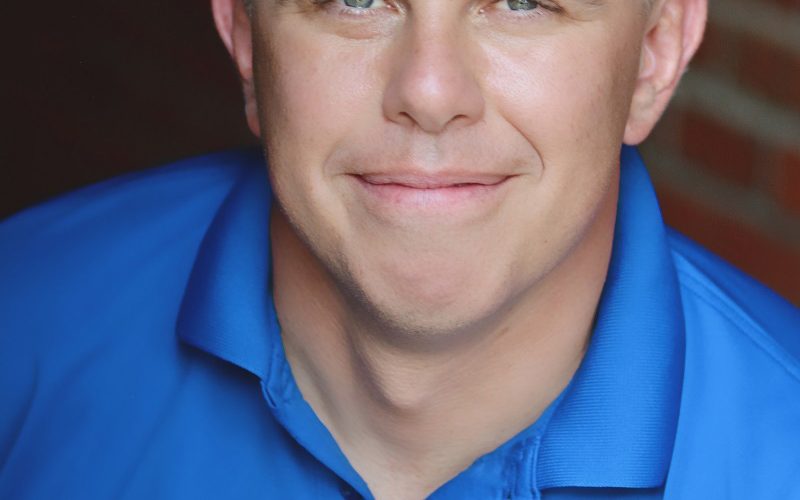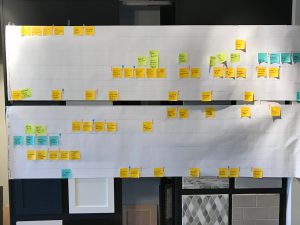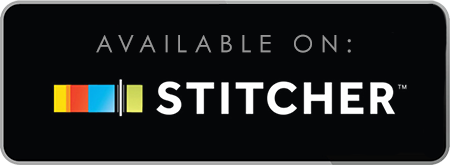Ep.72: [Unscripted Back-Up] Building a Successful, Profitable Remodeling Company with Brandon Bailey
It’s time for another Unscripted Back-Up. It’s a chance to revisit some of our best and most informative episodes. They’re jam-packed with information you can use — so if you missed it the first time around, here’s your chance to catch up.
Growing your remodeling company is filled with pitfalls and challenges that can prevent you from getting to the next level successfully. So many of our Roundtables members say it takes hard work, yes, but also a concentrated focus and a willingness to look for help from outside your organization when you need it.
In this episode, Victoria and Mark talk to Brandon Bailey, who’s a textbook example of a successful remodeler who made the right moves after deciding to significantly grow his business.
Brandon is an owner of Bailey Remodeling & Construction, a design build company in Louisville, KY. After starting his business in 2005, Brandon was where many of our members were when they were starting out — producing good, reputable work but spinning their wheels with long hours, no systems in place, and no predictable revenue model. Sound familiar?
In 2009, Brandon and his business partner, Jon Steimel, set out to significantly change and grow their business. They’ve done a fantastic job, their awards include being named the 2017 Remodeler of the Year by the Building Industry Association in Louisville.They won two project awards from BIA in 2019. They are now have 10 team members and are looking for more.
Brandon talks about how the company has managed its growth, things to look out for, and what it has meant for the business and his life, including:
- The specific challenges when growing
- Finding outside resources to help his business
- What it was like working with a business coach and peer group
- Which KPIs to keep an eye on
- Growing his team beyond the two partners
- Building a sales system
- Establishing a consistent and predictable revenue model
- Increasing net profit
- What his business and day-to-day life is like now
- And more …
Brandon’s story will sound familiar to so many remodelers, and the steps he has taken to build a more successful, profitable remodeling company can be guide your own journey.
Join Remodeling’s Top One Percent
Brandon is a fantastic example of a business owner who took advantage of the Power of Roundtables. Our program is a world-class peer advisory service that brings together smart, motivated remodeling professionals, just like you, to help one another grow.
Want to learn how you can participate in this experienced braintrust? Learn More Here >>


